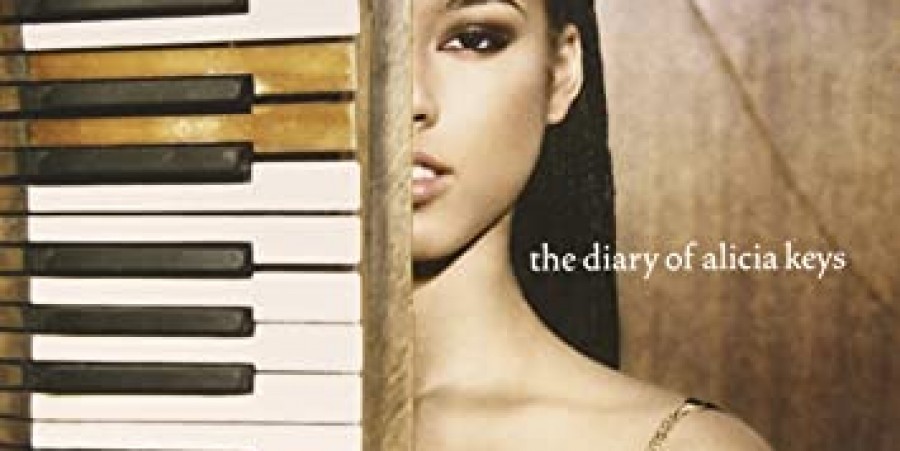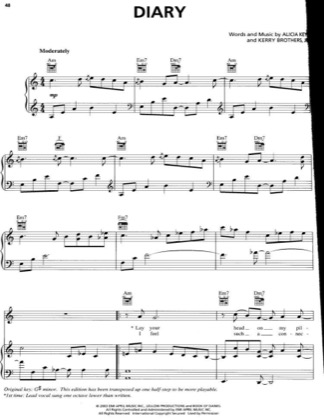
So it is with her background in classical piano. As anyone who saw her live show last year knows, Keys is given to labouring the point (she is the sort of performer who sings Prince's How Come You Don't Call Me while standing in a prop telephone box). Meanwhile, the single You Don't Know My Name takes a sample from slick 1970s trio the Main Ingredient and transforms it into a nagging, repetitious and hazily sensual backing track, topped off with weirdly disembodied vocals.Įlsewhere, however, it's largely business as usual, which means plenty of anodyne slow numbers studded with knowing references to old records: the sitar effect from early 1970s Motown singles crops up on If I Was Your Woman, while Feeling U Feeling Me features a squawky synthesizer straight off Stevie Wonder's Innervisions. So Simple's chorus features a vocal divertingly speeded up to a cartoon squeak. Heartburn marries the explosive brass and choppy guitars of a Blaxploitation soundtrack to a beat bearing the influence of visionary producer Timbaland. Its highlights fuse the earthiness of her heroes with some of the futuristic flash of current R&B. Her second album indicates this question has bothered Keys herself. Why would an artist such as Keys bother imitating the past when the present is so exciting?

In fact, it is as thrilling and innovative a genre as currently exists. It is a reaction against modern R&B, which is neither drearily excessive nor underachieving. However, while Britpop was an understandable reaction to the dreary excesses of post-grunge rock and grey, underachieving indie, nu-soul is more problematic. They slavishly mimic Marvin Gaye, Roberta Flack and Donny Hathaway. Like Oasis, nu-soul artists are musical reactionaries, looking to the past for inspiration. She has a good voice, but Keys is an exponent of nu-soul, urban music's equivalent of Britpop. On purely musical terms, it is difficult to see what the fuss is about. As for prizes, Keys has won everything except the FA Cup: Grammies, Billboard Awards, American Music Awards, a VMA, NAACP Image Awards, Soul Train Awards, World Music Awards and something called an ECCHO, which leads you to suspect that people are actually making up awards in order to give them to her. Politicians, not a social group renowned for their love of retro soul, seem to love her: she has performed at the House of Commons and spoken before a US congressional committee. In two years, the 21-year-old New Yorker seems to have achieved a mass acceptance that stretches far beyond platinum discs. It is not just a matter of commercial success, although her 2001 debut album, Songs in A Minor, sold 10m copies. Empire State Of Mind (Part II) Broken Downġ6.I f pop stars had approval ratings, Alicia Keys's score would go off the chart. Blended Family (What You Do For Love) (Feat. Keys released her debut album with J Records, having had previous record deals first with Columbia and then Arista Records.ħ. She later attended Columbia University before dropping out to pursue her music career.

+(With+Dirty+Bit).png)
#Diary of alicia keys album cover professional#
She attended Professional Performing Arts School and graduated at 16 as valedictorian. At age seven, Keys began to play classical music on the piano. Alicia Augello Cook (born January 25, 1981), better known by her stage name Alicia Keys, is an American recording artist, musician and actress.


 0 kommentar(er)
0 kommentar(er)
